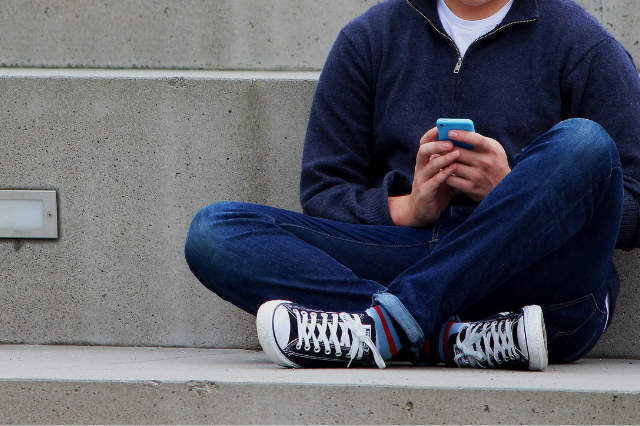Online Misogyny, the Manosphere, and Mental Health
The TV series, Adolescence, has recently re-ignited a global debate around online misogyny and violence against women and girls.
“Should we have done more?”
What is Misogyny?
Misogyny is online hate targeting women and girls.
Some individuals, online communities, and influencers, such as Andrew Tate, share a misogynistic narrative that women should be seen and treated as less than men.
Many boys and young men will also see misogyny in mainstream online pornography, often before they have experienced intimate sexual relationships or been educated on them (1).
Statistics
- ≈70% of boys aged 11-14 have been exposed to content promoting misogyny (2)
- 1 in 5 men aged 16-29 who have heard of Andrew Tate think favourably of him (3)
- 16% of Gen Z males think feminism has done more harm than good (4)
Supporting Resources
- What is Misogyny? A guide from Internet Matters exploring online misogyny and actions to challenge it.
- Misogyny in Schools – A guide for teachers to challenge misogyny effectively.
- Preventing and Responding to GBV – A whole school framework for responding to gender-based violence (GBV) in schools.
- Digital Wellbeing Conversation Starters – A toolkit to support regular conversations about digital wellbeing.
- Online Harms – Helplines and supports for a variety of relevant harms, such as sexual exploitation/abuse.

(Digital Wellbeing Wheel, Conversation Starters Toolkit)
Learning Programmes
- Equally Safe at School – An online intervention supporting a whole school approach to addressing GBV. Available for higher education.
- Mentors in Violence Prevention – Peer education programme for young poeple to explore and challenge causes of GBV.
- RSHP – National resource for relationships, sexual health and parenthood for children and young people. Includes catalogue of resources focusing on gender equality, discrimination, GBV.
- Equally Safe in Practice – Strengthen knowledge and practice of Scottish workforce in responding to VAWG.
- Under Pressure – Zero Tolerance training to give attendees confidence to talk to young people about sensitive subjects, including incels and intimate images.
Further Reading
- Many Good Men – Young Scots’ experiences of online misogynistic extremism and radicalisation.
- Lost Boys – A CSJ report covering some key issues facing young men and boys today.
- Echo Chambers & Empty Spaces – A Mhor Collective report on extreme online misogyny and digital inequality.
You can download our Online Misogyny resource so you have all of this information to hand:
Aye Mind newsletter – Online Misogyny
If you would like to subscribe, email ggc.mhead@nhs.scot and request to be added to the Aye Mind newsletter distribution list.

Share this blog
